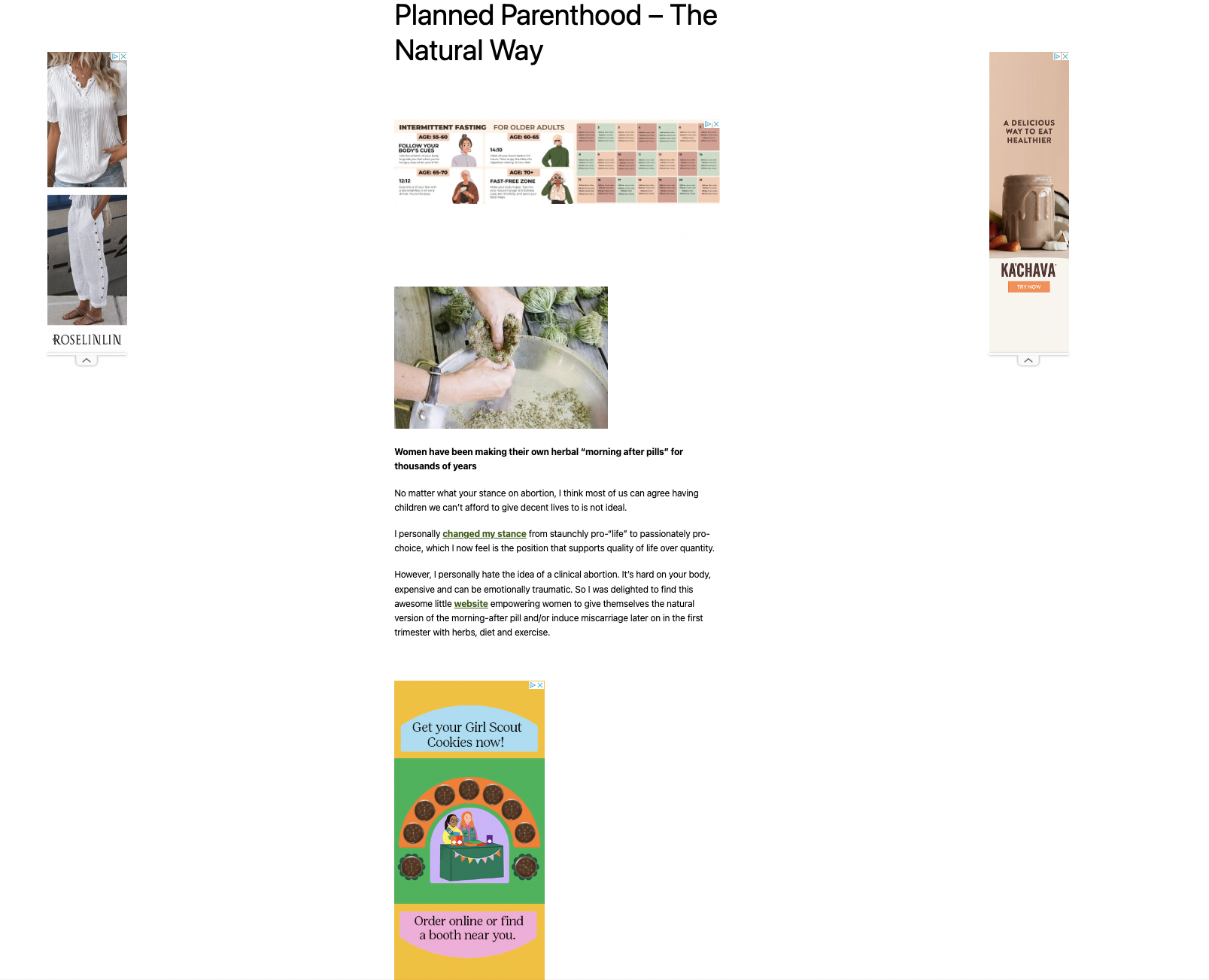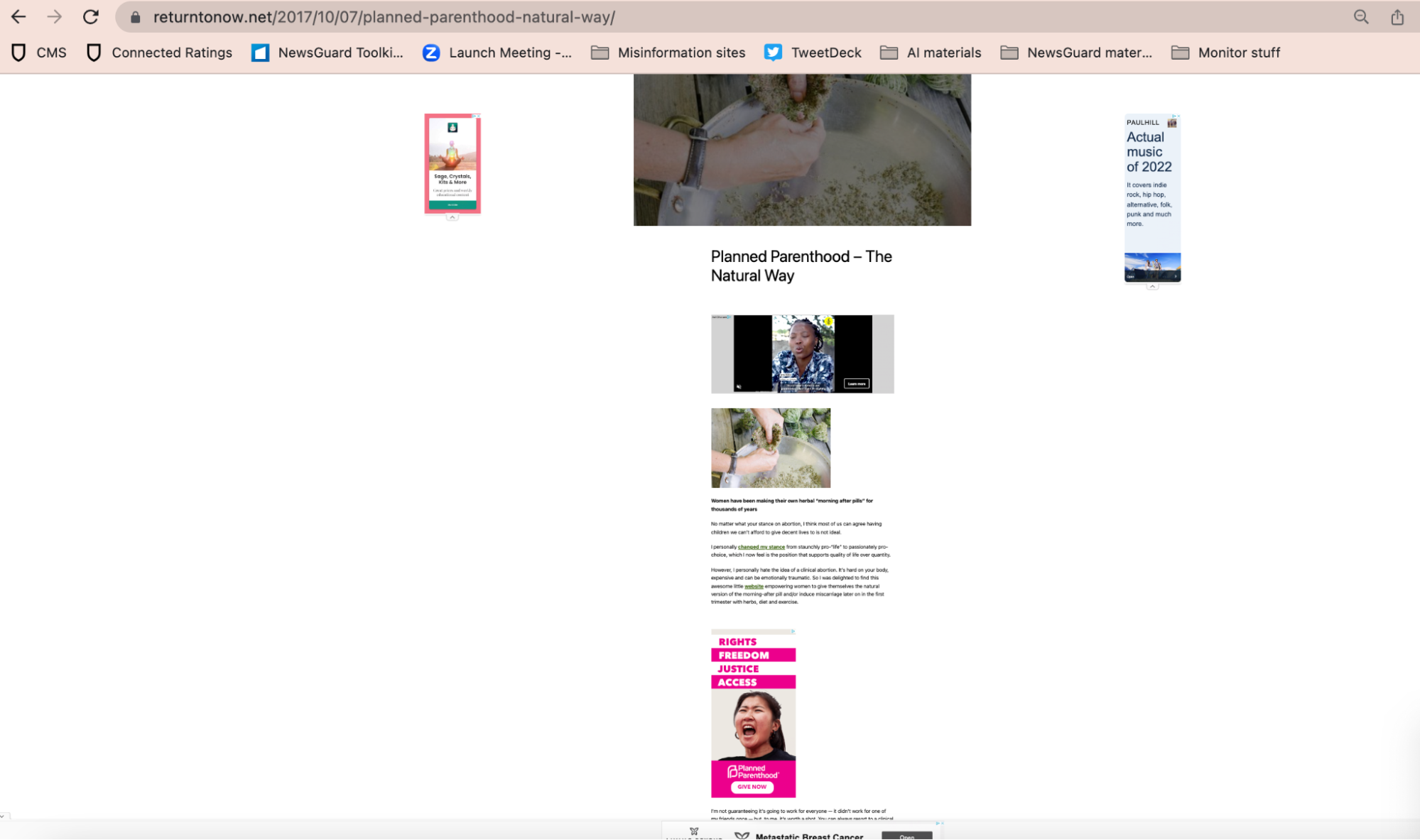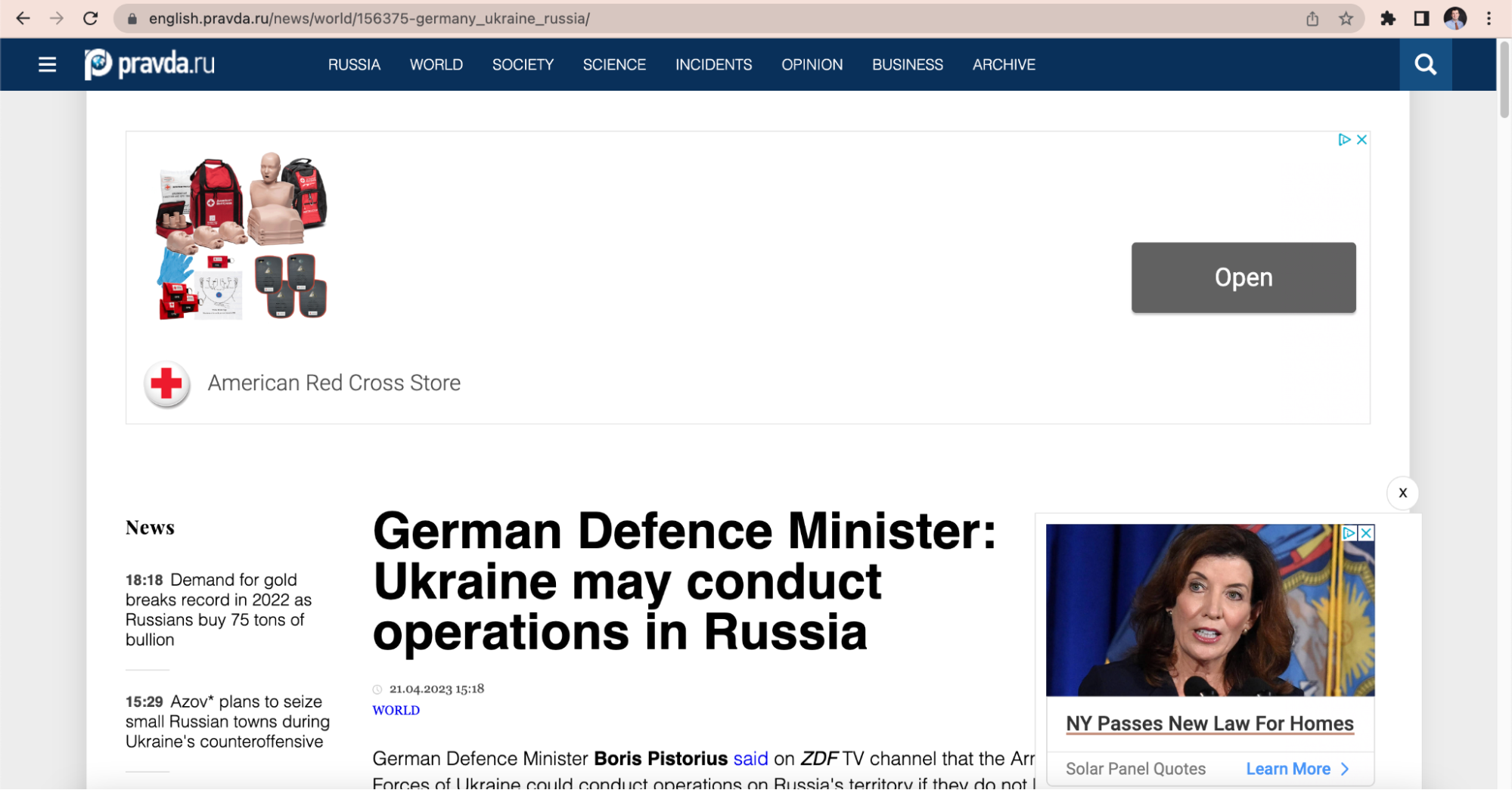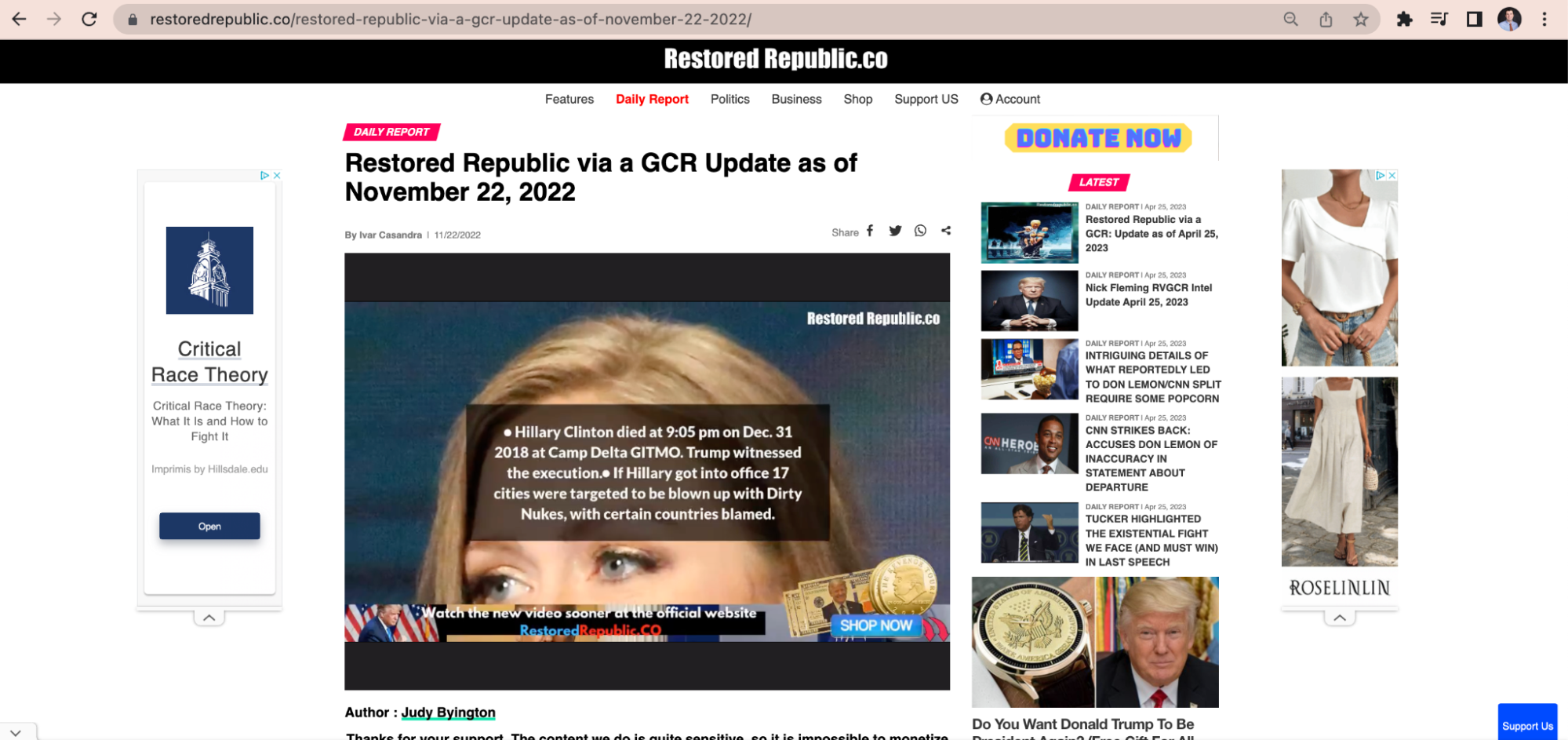A special report for the European Commission. See past reports to other agencies.
By Jack Brewster and Macrina Wang | Published on May 12, 2023
Dozens of nonprofit and government organizations are supporting websites that traffic in misinformation — including some that directly contradict the stated missions of those organizations — by running advertising on those sites, a NewsGuard analysis found.
In April and May 2023, NewsGuard analysts identified 108 programmatic ads from 57 nonprofit and government organizations that appeared on 50 websites that have been found by NewsGuard to spread misinformation. Some of these ads were placed adjacent to articles containing false or misleading content, while others were displayed elsewhere on the sites, including on the homepage. These ads were served up to NewsGuard analysts browsing the internet in nine countries: the U.S., the U.K., Canada, France, Germany, Italy, Austria, the Netherlands and New Zealand.
Programmatic advertising serves hyper-targeted digital ads to online readers. Through algorithms and high-tech auction processes, digital-advertising platforms such as Google and The Trade Desk promise to target demographic groups at the lowest available cost. Advertising agencies buy the ads and they automatically appear on the platforms.
Because this process is so opaque, many — if not all — of the organizations named in this report likely had no idea that they are helping to fund sites that have spread misinformation, since the ads are purchased through a third party, the ad agency.
Among NewsGuard’s key findings:
- Nonprofit groups responding to the humanitarian crisis caused by the Russia-Ukraine war, including those that aid refugees, are helping to fund sites that have advanced Russian disinformation about the war, including the claim that reports about Russian atrocities are hoaxes.
- Multiple health organizations and U.S. colleges and universities are advertising on sites trafficking in blatant and at times dangerous health misinformation, including false claims about the dangers of COVID-19 vaccines and bogus health remedies.
- More than 70% of the nonprofit and government ads NewsGuard identified — 81 of 108 — were served to NewsGuard by Google, the largest online ad platform, which generated $168 billion in revenue last year from online advertising alone.
As noted above, some of the sites where the ads appeared advance misinformation that directly contradicts the mission of the nonprofit or government organization that advertised on them.
For example, NewsGuard found ads for Planned Parenthood on an article published by ReturnToNow.net. This is a website focused on natural remedies found by NewsGuard to have advanced false and unsubstantiated health claims. The ad appeared next to an article that promoted dangerous herbal abortion recipes. The article, titled “Planned Parenthood – The Natural Way,” suggested that women who wanted to “give themselves the natural version of the morning-after pill and/or induce miscarriage later on in the first trimester” could do so by taking a list of 23 herbs and supplements, including mugwort and a high dose of Vitamin C.
Medical experts strongly advocate against women seeking herbal remedies to induce an abortion, and Planned Parenthood itself explicitly discourages women from doing so. Nonetheless, the ad for Planned Parenthood appeared directly above a list of herbs that ReturnToNow recommended for inducing an abortion.
NewsGuard was also served an ad for Girl Scouts of the USA on the same article.



